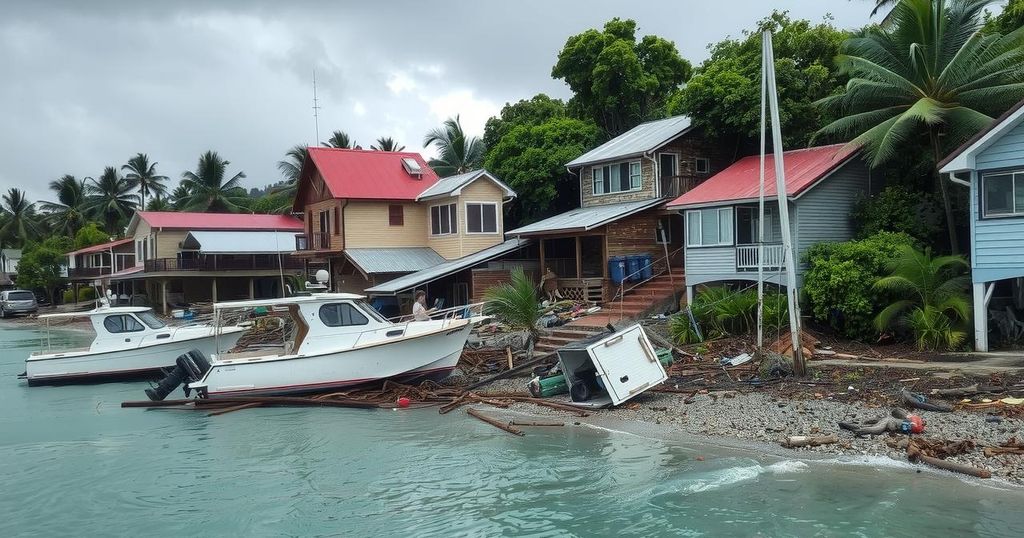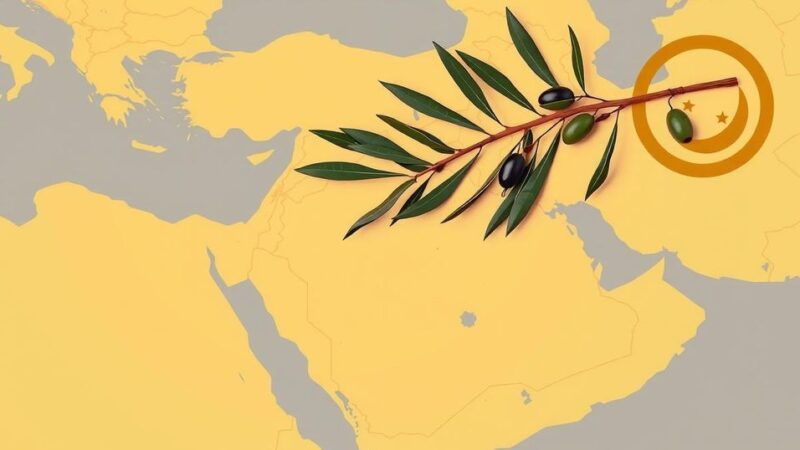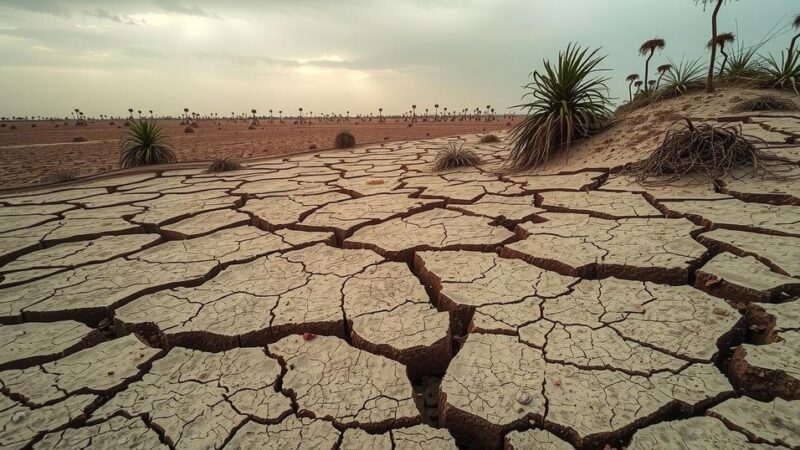Cyclone Chido has inflicted severe damage in Mayotte, leading to estimates of several hundred fatalities and extensive destruction of infrastructure. Rescue efforts are underway, with military support to help restore essential services in the territory that is the poorest in France and the European Union. The cyclone’s impacts extend beyond Mayotte, affecting nearby regions, heightening concerns over climate-related disasters.
The devastating impact of Cyclone Chido on the French territory of Mayotte has resulted in a staggering death toll, with estimates indicating that several hundred individuals may have perished, as reported by François-Xavier Bieuville, the Prefect of Mayotte. The cyclone, categorized as a strong Category 4 storm, unleashed winds exceeding 220 kilometers per hour, leading to extensive destruction of infrastructure, particularly in impoverished neighborhoods characterized by makeshift housing. While the French Interior Ministry confirmed at least 11 fatalities and over 250 injuries, the true scale of human loss is suspected to be significantly higher given the cyclone’s intensity.
Rescue operations have commenced, with France mobilizing its military to assist the affected population, deploying approximately 1,600 police and gendarmerie officers to aid in recovery efforts and prevent looting. Damage assessments indicate that vital services, including electricity and access to clean water, have been severely disrupted, complicating relief efforts. Bieuville emphasized the difficulty in obtaining an accurate count of casualties amid the chaos, stating, “this figure is not plausible when you see the images of the slums.”
The broader regional context reveals that Cyclone Chido not only afflicted Mayotte, but also impacted nearby islands and regions, including Mozambique and Madagascar, where authorities have warned of heightened risks of flooding and landslides. The cyclone is part of a larger trend of increasingly severe weather events linked to climate change, which disproportionately affect vulnerable populations in poorer nations that contribute minimally to global warming but suffer the dire consequences.
Cyclone Chido struck the French territory of Mayotte on December 14, 2024, leading to one of the worst natural disasters in the region in nearly a century. Adequately addressing such calamities becomes critically important given the area’s socioeconomic challenges, as Mayotte is known to be France’s poorest territory. In the face of climate change, such extreme weather events are anticipated to escalate, creating severe humanitarian crises in African nations and calling for increases in international aid.
The devastation caused by Cyclone Chido in Mayotte exemplifies the significant challenges faced by vulnerable communities in the wake of natural disasters. The local government and humanitarian organizations are mobilizing to respond to the immediate needs of the population, although the full extent of the damage and loss of life remains uncertain. This event underscores the urgent need for comprehensive measures to address climate resilience and humanitarian assistance in vulnerable regions.
Original Source: apnews.com







